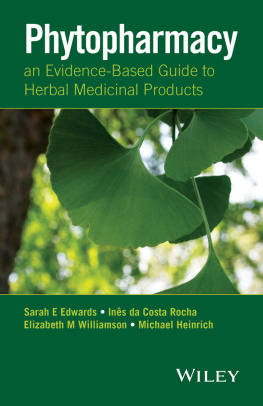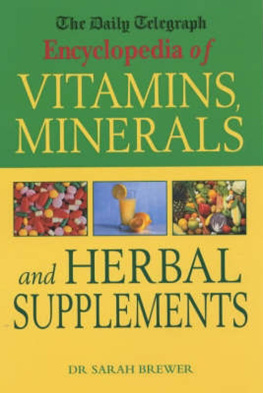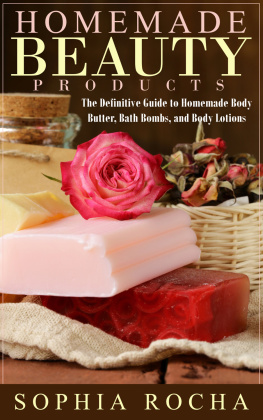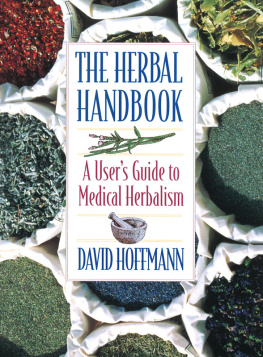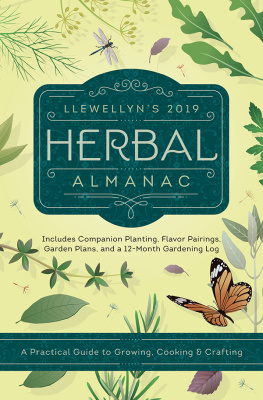
This edition first published 2015 2015 by John Wiley & Sons, Ltd
Registered office: John Wiley & Sons, Ltd, The Atrium, Southern Gate, Chichester, West Sussex, PO19 8SQ, UK
Editorial offices: 9600 Garsington Road, Oxford, OX4 2DQ, UK
The Atrium, Southern Gate, Chichester, West Sussex, PO19 8SQ, UK
111 River Street, Hoboken, NJ 07030-5774, USA
For details of our global editorial offices, for customer services and for information about how to apply for permission to reuse the copyright material in this book please see our website at www.wiley.com/wiley-blackwell.
The right of the author to be identified as the author of this work has been asserted in accordance with the UK Copyright, Designs and Patents Act 1988.
All rights reserved. No part of this publication may be reproduced, stored in a retrieval system, or transmitted, in any form or by any means, electronic, mechanical, photocopying, recording or otherwise, except as permitted by the UK Copyright, Designs and Patents Act 1988, without the prior permission of the publisher.
Designations used by companies to distinguish their products are often claimed as trademarks. All brand names and product names used in this book are trade names, service marks, trademarks or registered trademarks of their respective owners. The publisher is not associated with any product or vendor mentioned in this book.
Limit of Liability/Disclaimer of Warranty: While the publisher and author(s) have used their best efforts in preparing this book, they make no representations or warranties with respect to the accuracy or completeness of the contents of this book and specifically disclaim any implied warranties of merchantability or fitness for a particular purpose. It is sold on the understanding that the publisher is not engaged in rendering professional services and neither the publisher nor the author shall be liable for damages arising herefrom. If professional advice or other expert assistance is required, the services of a competent professional should be sought.
Library of Congress Cataloging-in-Publication Data
Edwards, Sarah E., author.
Phytopharmacy : an evidence-based guide to herbal medical products / Sarah E. Edwards, Michael Heinrich, Ines Rocha, Elizabeth M. Williamson.
p. ; cm.
Includes bibliographical references.
ISBN 978-1-118-54356-6 (pbk.)
I. Heinrich, Michael, 1957 July 4-, author. II. Rocha, Ines, author. III. Williamson, Elizabeth M., author. IV. Title.
[DNLM: 1. Plant Preparationspharmacology. 2. Evidence-Based Practice. 3. Phytotherapy. 4. Plant Preparationstherapeutic use. QV 766]
RM666.H33
615.321dc23
2014033180
A catalogue record for this book is available from the British Library.
Wiley also publishes its books in a variety of electronic formats. Some content that appears in print may not be available in electronic books.
The cover image is of Ginkgo biloba L., which is used in the treatment of diseases associated with milder forms of memory disorders and to enhance cognition. Photograph courtesy of Michael Heinrich
Preface:
The increasing use of herbal medicines and botanical food supplements, either taken alone or in addition to orthodox treatment, presents a conundrum for the conventionally trained healthcare professional. Patients nowadays often prefer and are encouraged to take some responsibility for their own health and treatment options, and frequently purchase herbal medicines/botanical food supplements that they have read about in the popular press. This may be in an effort to generally improve their health or boost the immune system or, as they see it, for the adjunctive treatment of specific disorders, regardless of whether expert advice was sought. Doctors may be asked whether it is safe for patients to take these products alongside their prescribed medicines; pharmacists who dispense those prescribed medicines and also sell herbal products, are asked which they can recommend; and nurses who look after patients on a long-term practical basis are asked for advice on all kinds of health issues. Numerous studies have shown that these practitioners consider their knowledge in the area of herbal medicines to be generally weak, especially regarding the potential therapeutic benefits, adverse effects, or possible interactions with prescribed or over-the-counter medicines. In addition to the healthcare professional, many patients are well-informed about their own health issues and medication (the expert patient) and are quite capable of making safe decisions about their own use of herbal medicines if they have access to the relevant information.
In the European Union, many herbal medicines are now regulated as medicines under the Traditional Herbal Medicinal Products Directive (http://www.mhra.gov.uk/Howweregulate/Medicines/Herbalmedicinesregulation/), placing new responsibilities on healthcare professionals. These traditional herbal registered (THR) products guarantee safety and quality, but in place of clinical trials (which may not have been carried out for economic reasons), a documented history of use in Europe is used instead. Herbal substances that are major ingredients in UK THR products are indicated as such in the presented monographs.
This book provides relevant information in a practical and useful way for the busy pharmacist, nurse or doctor, as well as the expert patient. It gives a summary of the properties and uses of the most important herbal medicinal products and botanical food supplements, including an assessment of the available scientific evidence. It has been compiled on the premise that healthcare professionals (regardless of their own personal opinions) recognise patient and consumer demands for these products and need to be knowledgeable about them. The evidence available, both clinical and pre-clinical, is summarised to enable an evidence-based decision to be made as to whether the use of a particular nutritional or herbal medicinal product is advisable and safe.
We gratefully acknowledge funding through the UK government's matched funding scheme provided by Fa. Schwabe Pharmaceuticals and Bionorica (Germany) to the School of Pharmacy, Univ. London (M.Heinrich), which funded SE's and ICR's positions. The donors had no influence on the writing of the book.
Sarah Edwards,
UCL School of Pharmacy & Royal Botanic Gardens, Kew
Ins da Costa Rocha,
UCL School of Pharmacy
Elizabeth M. Williamson,
School of Pharmacy, University of Reading
Michael Heinrich,
UCL School of Pharmacy
Introduction
A Handbook of Herbal Medicines for the Practitioner and the Expert Patient
Herbal medicines are used increasingly in the United Kingdom, either alone or in addition to conventional treatment, which presents difficulties for the conventionally trained pharmacist, doctor, nurse, dentist, and so on. Herbal and nutritional products tend to be ignored by these practitioners, despite the fact that they are also used by some of these same professionals! It is important to be able to advise patients on the safe use of such products, including any possible interactions with prescribed or over-the-counter (OTC) medicines. However, although based on studies that are sparse, small and/or restricted to a particular setting, it can be concluded that generally health care professionals feel that their knowledge in this area is weak.
Doctors tend to know little about any aspect of herbal medicines, and often do not ask the patient if they are taking any (e.g. Lisk 2012), whereas pharmacists are more likely to answer correctly about the use of herbs, rather than about cautions, adverse effects, and interactions (e.g. Cuzzolin and Benoni 2009). Nurses also feel that their knowledge of herbal medicines is lacking (e.g. Temple et al. 2005) and in all surveys reported, respondents felt that health care professionals should know more, and that they themselves would benefit from training in this area. This book is an attempt to redress that lack of knowledge and provide useful practical information for the busy practitioner. It is intended to provide an overview of the most important medicinal and health food plants and products commonly used in the British Isles, including an assessment of the scientific evidence available for these herbal medicines. It is based on the premise that health care professionals must recognise patient and consumer demands for these products, regardless of their own personal opinions, and therefore be knowledgeable about them - especially as many are now regulated as medicines.
Next page
